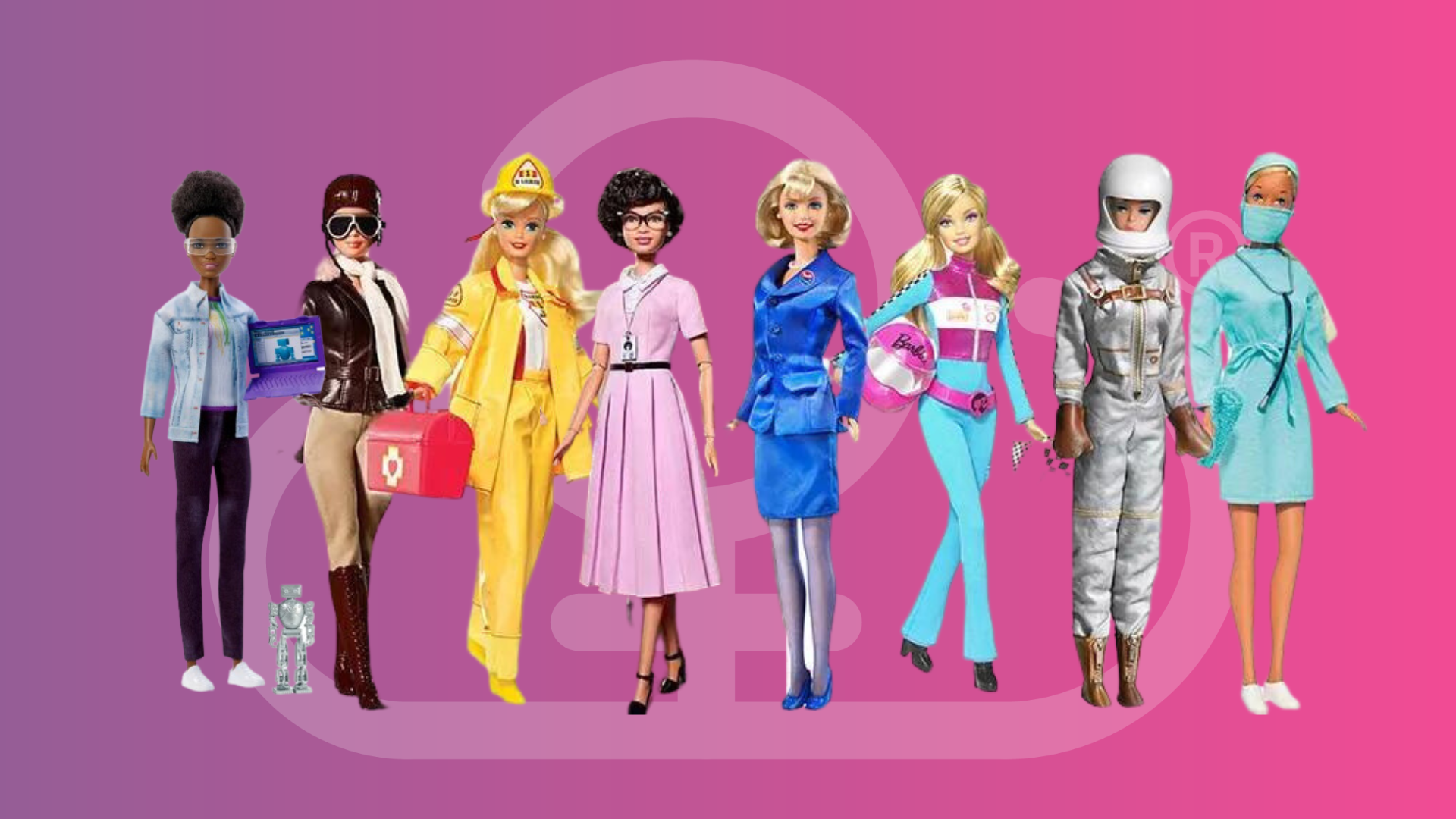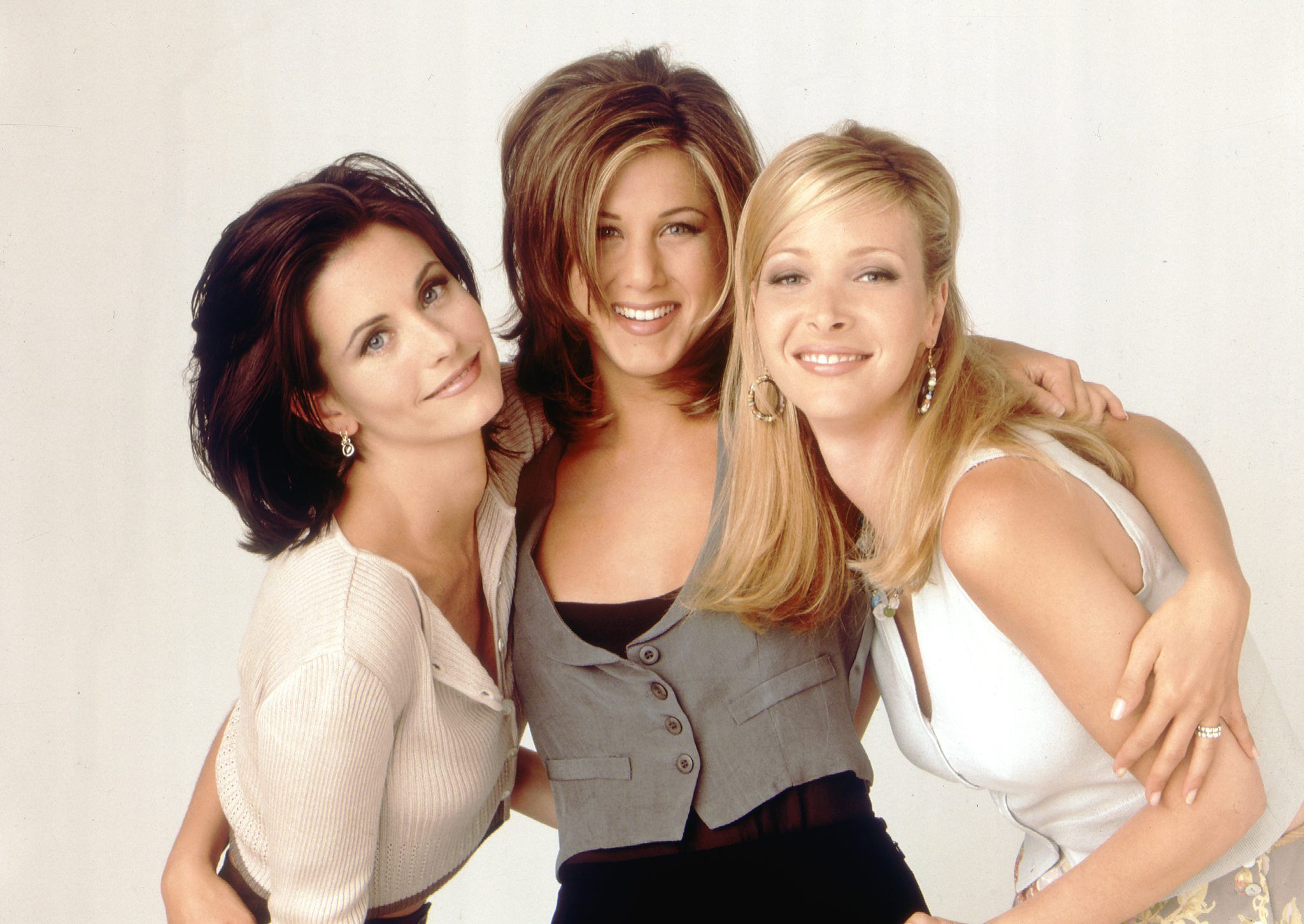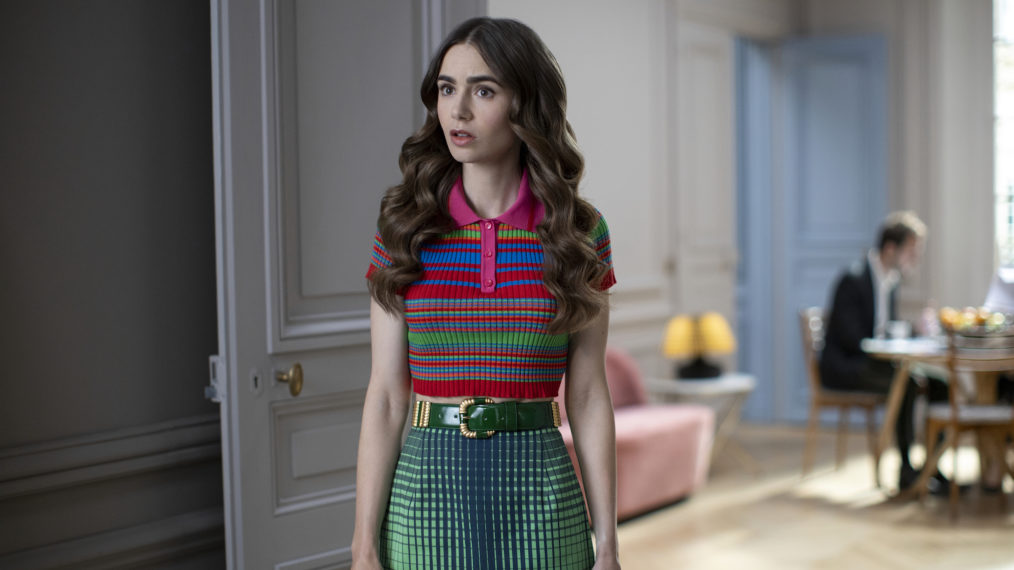-

How Barbie is Breaking the glass ceiling and inspiring women to be whatever they want
Barbie, the iconic doll that first graced the toy shelves in 1959, has been much more than just a plaything. She has become a symbol of empowerment and a trailblazer for women, breaking barriers and shattering stereotypes since her debut. Created by Ruth Handler, Barbie was unlike any other doll of her time – she represented a grown-up woman, challenging the traditional norms of toys. But it wasn't just her appearance that set her apart; it was the diverse range of careers she pursued that truly made her a pioneer.Throughout her storied history, Barbie has held over 250 jobs, many of which were once considered unconventional for women. From an astronaut exploring the cosmos to a doctor saving lives in the operating room, Barbie paved the way for young girls to dream big and imagine themselves in any profession they desired. In a world where women were fighting for their place in the workforce, Barbie served as a symbol of hope and possibility. In 1965, just three years after the first American man went to space, Barbie donned her own space suit as "Miss Astronaut." This was a time when NASA had no plans to send women to space, but Barbie dared to reach for the stars long before real-life female astronauts took flight. Her foray into space exploration inspired young girls like Linda Halpern, who dreamed of becoming an astronaut herself. Barbie's galactic journey predated the inclusion of women in NASA's astronaut corps by 13 years, and it was 18 years before Sally Ride, the first American woman in space, made history in 1983.Anna Cruz Kayne as Supreme Court Justice Barbie in Greta Gerwig’s “Barbie” (2023)As women fought for their rightful place in the medical field, Barbie stepped into the role of "Doctor Barbie" in 1973. In a time when female physicians were still a minority, Barbie became a symbol of female achievement in medicine. She sported a lab coat, stethoscope, and medical accessories, inspiring young girls to envision themselves as doctors, too. Although it took real women many years of perseverance to increase their numbers in the medical workforce, Barbie was already making strides for gender equality in her own way. In the corporate world, Barbie showed her prowess as a businesswoman with "Day-to-Night Barbie" in 1985. As CEO Barbie, she led advertising campaigns, donning a hot pink blazer by day and transforming into an elegant cocktail dress for after-work events. She symbolized the rising number of women entering the white-collar workforce and encouraged young girls to aspire to leadership roles in the business world.Even in traditionally male-dominated arenas like the military and sports, Barbie made her mark. In 1989, "Army Barbie" stepped onto the scene, dressed in an Army officer's evening uniform. She celebrated the increasing presence of women in the military, attending embassy parties and formal affairs alongside her male counterparts. The same year, Barbie joined the WNBA, inspiring young girls to believe they could excel in sports just like their male counterparts.Barbie didn't stop at being a presidential candidate in 1992 – she ran for president almost every election year since. In a time when women were still striving for political representation at the highest levels, Barbie was campaigning for the Oval Office. With her pink ballgown and sash identifying her as Barbie Land's commander in chief, Barbie showed girls that they too could aspire to lead their nations.Issa Rae as President Barbie in Greta Gerwig’s “Barbie” (2023)Barbie's remarkable career trajectory showcases a history of breaking down barriers and inspiring young girls to dream beyond the limitations society placed on them. From exploring space to excelling in the medical field, she demonstrated that women could achieve anything they set their minds to. As we look back on Barbie's bright history, we are reminded of the impact she had on empowering women to pursue their dreams, regardless of societal norms or gender expectations. Barbie has truly become more than just a doll; she is a symbol of limitless possibilities and a reminder that we can all break through the glass ceiling and be whatever we want to be.
-

5 Women in that Film industry that have empowered us in 2022 and beyond
The film industry is a dynamic and constantly evolving field, with new talent emerging every year. Looking back to 2022, there were several women who have inspired and empowered us with their work in film. From directors to actors, here are 5 women in the film industry who are making waves and inspiring us all.Chloe ZhaoDirector Chloe Zhao has taken the film world by storm with her award-winning film, "Nomadland." Zhao became the first woman of color to win the Oscar for Best Director, and her film has been praised for its heartfelt portrayal of the American West and the lives of modern-day nomads. Zhao's work has inspired us to explore new perspectives and to embrace the beauty and diversity of our world.Regina KingRegina King is a talented actress and director who has been making waves in the film industry for years. In 2022, King directed the powerful film "One Night in Miami," which explores the lives of four iconic Black figures in American history. King's work reminds us of the importance of representation in film, and the power of storytelling to inspire change and ignite conversations about social justice.AwkwafinaRapper and actress Awkwafina has been making her mark on the film industry in recent years, with standout performances in "Crazy Rich Asians" and "The Farewell." Awkwafina's work reminds us of the importance of humor and authenticity in film, and her unique voice and style have made her a true trailblazer in the industry.Emerald FennellWriter, director, and actress Emerald Fennell has been making waves with her work on the hit TV series "Killing Eve" and her directorial debut, "Promising Young Woman." Fennell's work is known for its bold and daring storytelling, and her willingness to push boundaries and challenge conventional norms. Her work inspires us to take risks and to embrace our own creative voices.Yalitza AparicioActress Yalitza Aparicio made history in 2022 as the first Indigenous woman to be nominated for Best Actress at the Oscars for her role in the film "Roma." Aparicio's work reminds us of the importance of representation and the power of storytelling to break down barriers and bring us closer together. Her work inspires us to embrace our own unique voices and to celebrate the diversity and richness of our world.These 5 women in the film industry are just a few examples of the many talented and inspiring individuals who are making waves and pushing boundaries in the world of film. Their work reminds us of the importance of representation, authenticity, and bold storytelling, and their voices serve as a powerful reminder of the limitless potential that lies within each and every one of us. So let's embrace our own unique voices and create art that inspires and empowers us all.
-

6 Lines From The Female Casts of Friends That Celebrate Women's Empowerment
The TV show Friends, which aired from 1994 to 2004, has long been a fan favorite for its relatable and lovable characters and its portrayal of the complexities of friendship. One aspect of the show that has garnered attention is the way it portrays women's empowerment.Throughout the show's 10 seasons, we see the women of Friends standing up for themselves and advocating for their own needs and desires. From Phoebe's quirkiness and independence to Monica's ambition and determination, the female characters of Friends are strong and independent."I have work to do. I have to empower women." - Phoebe (Season 6, Episode 11)"I'm not a regular mom, I'm a cool mom." - Janice (Season 6, Episode 15)"I don't need a man to make my life complete. I've got my friends and my career and my freedom." - Monica (Season 5, Episode 4)Source: Jennifer Aniston/Instagram"I'm not a prize to be won." - Rachel (Season 5, Episode 16)"I don't need a man to be happy. I've got my own life and I'm happy with it." - Monica (Season 6, Episode 4)"I don't want to be a kept woman. I want to be able to support myself." - Rachel (Season 6, Episode 2)Overall, the women of Friends are shown to be strong, independent, and capable, and their storylines often revolve around their personal and professional goals rather than their relationships with men. While the show is not perfect and there is still room for improvement in the way it portrays women, it is undeniable that the female characters of Friends are a celebration of women's empowerment.
-

How Emily In Paris Is A Great Example Of What *Not* To Do In Your Career
"Emily in Paris" has been causing quite the stir since its release on Netflix, and not just because of its stylish couture and stunning views of the City of Love. No, the show has also been criticized for its unrealistic portrayal of female careers. But let's be real, who among us hasn't daydreamed about spontaneously jetting off to Paris and landing ourdream job without even speaking the language? While it's fun to live vicariously through the main character, Emily, it's important to remember that the show is just that: a show. So put down the croissant-shaped hat and let's dive into why "Emily in Paris" might not be the best source of career advice (no matter how chic those outfits are).The show portrays the main character, Emily, as effortlessly climbing the career ladder despite having little experience or qualifications. This suggests that career success is easy to achieve, which is not the case in reality. Success in any field requires hard work, dedication, and time. It takes years of education, training, and experience to develop the skills and expertise needed to succeed in a particular field. It also requires persistence, resilience, and a willingness to learn and adapt. Emily's quick and effortless rise to the top gives viewers the wrong impression of what it takes to succeed in the real world.Let’s also keep it real "Emily in Paris" presents a highly idealized and glamorized version of working in the fashion industry. It shows the industry as full of parties, designer clothes, and shallow people, rather than the hard work and competition that are often part of the fashion world. This can give viewers the wrong impression of what it's really like to work in the industry. The fashion industry is known for its very unglamourous cutthroat competition, long hours, and demanding workload. It requires a high level of creativity, innovation, and attention to detail. It is also a field that is constantly changing, requiring professionals to stay up-to-date with the latest trends and techniques. The show's portrayal of the fashion industry as easy and glamorous does a disservice to the hard work and dedication that are required to succeed in this field.The show portrays Emily as constantly surrounded by attractive men who are interested in her, which feeds into the harmful stereotype that a woman's value and worth are tied to her looks rather than her intelligence, talent, or ambition. Source: NetflixThis reinforces the idea that a woman's attractiveness is more important than her professional skills or achievements. It also suggests that a woman's worth is based on her ability to attract and keep a man, rather than on her own merit. This is a harmful and outdated notion that reinforces gender inequality and reinforces harmful gender roles.The show in many instances lacks any meaningful challenges or obstacles for Emily to overcome in her career. She seems to easily breeze through everything without facing any real setbacks or difficulties. This gives the impression that a woman's career will always be easy and straightforward, which is not true. In reality, every career path has its challenges and obstacles. It is normal to face setbacks and failures along the way. It is important to learn from these experiences and to persevere through them in order to achieve success. The show's portrayal of Emily's career as easy and smooth does a disservice to the hard work and resilience that are required to succeed in any field.The show unfortunately also reinforces harmful stereotypes about women in the workplace. It's not hard to notice that Emily is depicted as constantly surrounded by attractive men who are interested in her, suggesting that a woman's worth is tied to her looks and her ability to attract men. This reinforces the idea that a woman's primary value is as a sexual object, rather than as a professional and competent individual. It also suggests that a woman's success is dependent on her ability to attract and keep a man, rather than on her own skills and abilities. This is a harmful and outdated notion that reinforces gender inequality and reinforces harmful gender roles.Source: NetflixDespite these career faux-pas, "Emily in Paris" is thoroughly entertaining, but as far as realistic career advice goes, it's about as helpful as her croissant-shaped hat. While it's fun to watch Emily's whirlwind romance with the city of love, it's important to remember that the show is not a realistic portrayal of the fashion industry or of female careers in general. Instead of taking career tips from Emily, it's better to follow the example of her friend and colleague, who works hard and faces setbacks in her pursuit of success. Or, you could always just enjoy the show for what it is: a bit of escapist fun. Just don't expect to land your dream job in Paris by taking fashion advice from a croissant-loving American with questionable taste in hats.
Search by
Search by topic
